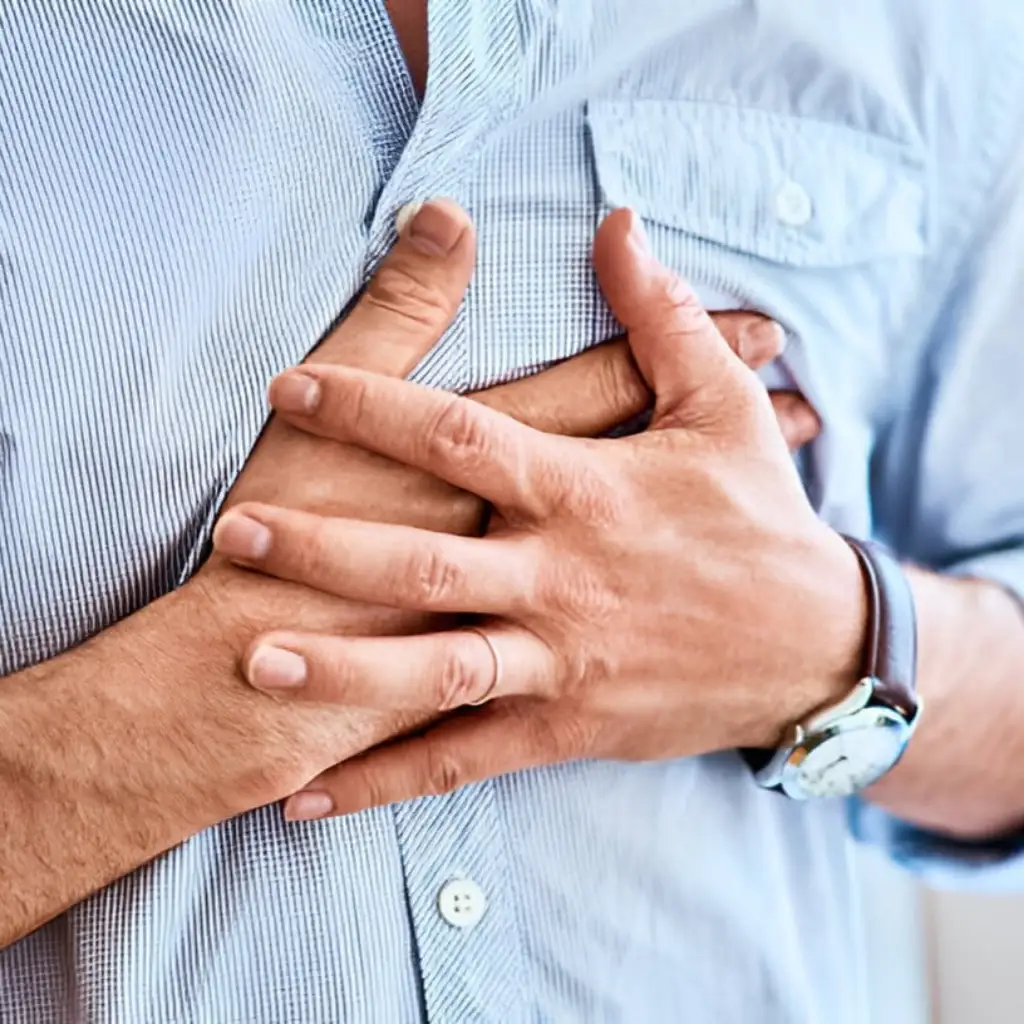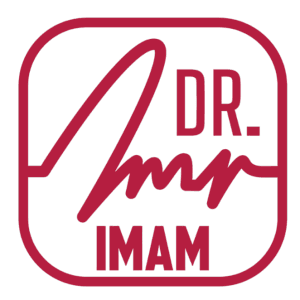What Is a Heart Attack?
A heart attack, also known as a myocardial infarction, occurs when the blood flow to a part of the heart muscle is suddenly blocked, usually due to a clot that forms inside a coronary artery. This blockage deprives the heart tissue of oxygen, causing damage or death of part of the heart muscle if not treated immediately. It’s a medical emergency that requires quick diagnosis and intervention to save the heart and the patient’s life.

Causes of a Heart Attack
The main cause of a heart attack is atherosclerosis, the buildup of fatty deposits and cholesterol in the walls of the coronary arteries. When one of these plaques ruptures, a blood clot can form, blocking the artery completely.
Common risk factors include:
Smoking
High blood pressure
High cholesterol levels
Obesity and lack of physical activity
Diabetes
Emotional stress
Family history of heart disease
Symptoms of a Heart Attack
Heart attack symptoms can vary from person to person, but the most common signs include:
Chest pain or pressure that may spread to the arm, neck, jaw, or back
Shortness of breath
Excessive sweating or cold sweats
Dizziness or fainting
Nausea or stomach discomfort
Immediate medical attention is essential when these symptoms appear. The sooner treatment starts, the greater the chance of saving heart muscle and preventing complications.
Diagnosis
When a heart attack is suspected, the doctor will quickly perform several tests to confirm the diagnosis, such as:
Electrocardiogram (ECG): to detect abnormal heart rhythms or changes indicating a blockage.
Cardiac enzyme tests (Troponin): to identify damage to heart muscle cells.
Coronary angiography (catheterization): to locate the blocked artery precisely.
Heart Attack Treatment
The main goal of heart attack treatment is to restore blood flow to the affected part of the heart as quickly as possible. The choice of treatment depends on the type and severity of the blockage.
Emergency Medical Treatment
In the emergency department, treatment starts immediately and may include:
Clot-dissolving drugs (thrombolytics) if given within the first few hours of symptoms.
Aspirin or other antiplatelet medications to prevent further clot formation.
Pain relief and vasodilators such as nitroglycerin to ease chest discomfort.
Oxygen therapy if breathing is difficult.
Cardiac Catheterization (Angioplasty)
One of the most effective treatments for heart attacks is coronary angioplasty with stent placement.
A cardiologist inserts a thin catheter through an artery in the wrist or groin and guides it to the heart. The blocked artery is then opened using a small balloon, and a stent (a metal mesh tube) is placed to keep it open and allow normal blood flow.
When performed within the first hours of a heart attack, angioplasty significantly increases survival rates and helps prevent permanent heart damage.
Coronary Bypass Surgery
If the blockage is too complex or extensive to be treated with a stent, coronary artery bypass surgery (CABG) may be performed. This surgery creates a new pathway for blood to flow to the heart using blood vessels taken from another part of the body.
Medications After a Heart Attack
After recovery, patients need to take prescribed medications regularly to protect the heart and prevent another attack. These may include:
Antiplatelet drugs such as aspirin or clopidogrel
Cholesterol-lowering medications (statins)
Beta-blockers or ACE inhibitors to reduce heart workload
Blood pressure medications if needed
It’s important not to stop any medication without consulting the doctor.
Lifestyle After a Heart Attack
Recovering from a heart attack requires a long-term commitment to a healthier lifestyle. The main recommendations include:
Stop smoking completely
Follow a balanced, low-fat diet rich in fruits and vegetables
Exercise regularly after your doctor’s approval
Maintain healthy blood sugar, pressure, and cholesterol levels
Manage stress through relaxation and rest
Keep up with regular cardiology follow-ups
Preventing Heart Attacks
Prevention plays a key role in avoiding future heart problems. You can reduce your risk by:
Maintaining a healthy weight
Getting regular physical activity
Limiting salt and saturated fats
Avoiding smoking and alcohol
Managing chronic conditions like diabetes and hypertension
Success Rate of Heart Attack Treatment
When diagnosed early and treated promptly with angioplasty or medication, the success rate of heart attack treatment is very high. Each minute counts — early treatment means less damage to the heart and a faster recovery. Advances in cardiac care have made survival rates excellent when treatment is performed by an experienced cardiologist in a well-equipped center.
Conclusion
A heart attack is a serious condition, but with modern medical techniques like cardiac catheterization and stent placement, recovery and long-term survival have improved dramatically.
Dr. Amr Imam – Consultant Cardiologist and Interventional Specialist – is one of Egypt’s leading experts in diagnosing and treating heart attacks using the latest catheter-based techniques with precision and safety.
Early medical attention, adherence to treatment, and lifestyle changes are the key to protecting your heart and preventing future complications.
Common Questions About Heart Attacks (FAQs)
1. Can a heart attack be completely cured?
Yes, a heart attack can be successfully treated if diagnosed and managed promptly. Catheter-based treatment and medications help restore blood flow, protect heart muscle, and prevent recurrence when combined with healthy lifestyle changes.
2. Does a heart attack always lead to death?
No, not necessarily. Quick medical intervention dramatically increases survival chances. The first few hours are critical — the sooner you reach the hospital, the better the outcome.
3. Can a heart attack occur without pain?
Yes, it can. In some cases, especially among diabetic patients, a “silent heart attack” may occur without chest pain. Symptoms like fatigue, dizziness, or shortness of breath may be the only warning signs.
4. Can I live a normal life after a heart attack?
Absolutely. With proper medical care, medication, and lifestyle changes, most patients return to their normal lives. Regular exercise, a heart-healthy diet, and quitting smoking greatly improve recovery and quality of life.
5. Can a heart attack happen again?
It can if risk factors are not controlled. However, by following your doctor’s advice, taking prescribed medications, and adopting healthy habits, you can significantly reduce the risk of another heart attack
